Published
- 09:00 am
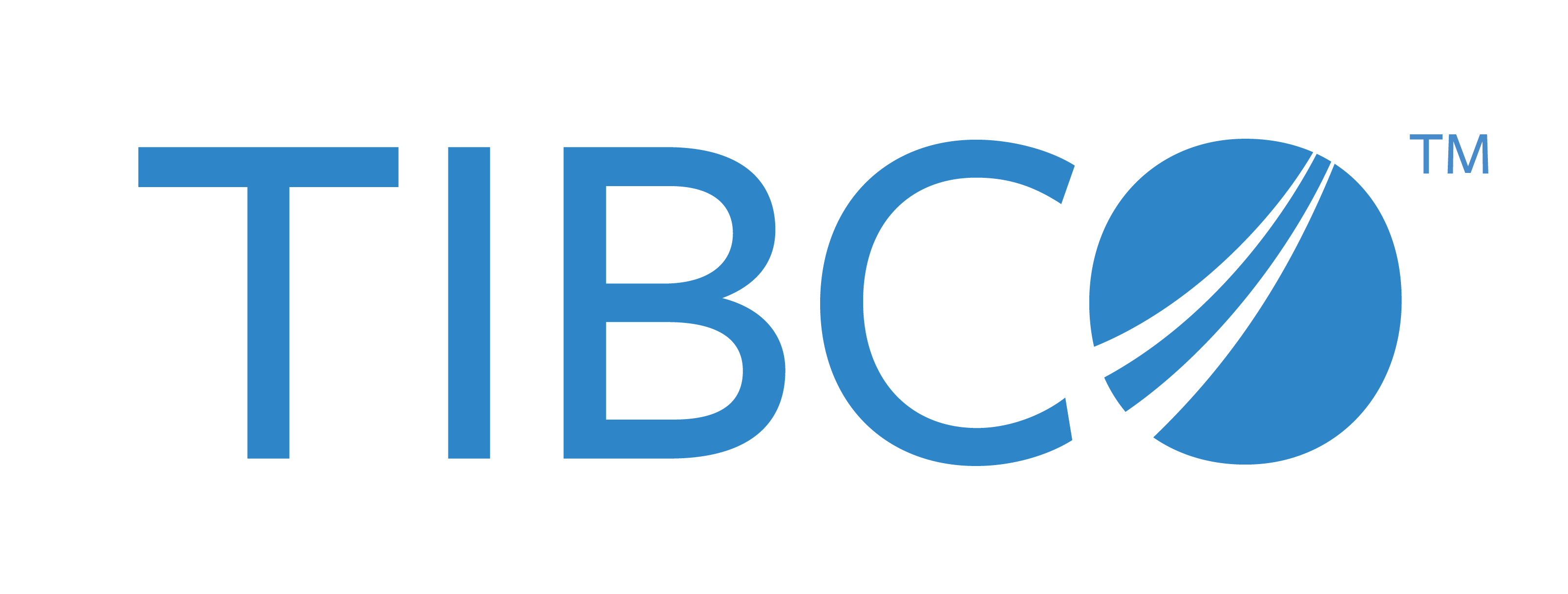
TIBCO has announced an evolution of its data quality capabilities into the new TIBCO DQ product family, along with key enhancements to TIBCO® Data Virtualization and TIBCO EBX® within the Unify portfolio. These announcements address organisations’ data management challenges head-on, empowering the business to assemble an agile data fabric, unrestricted by siloed data, on any cloud platform.
“An agile data fabric democratises corporate data in a way that’s easily accessible, automated, and augmented with AI,” said Mark Palmer, senior vice president, engineering, TIBCO. “Our recent innovations include smart matching for master data management, automated data quality that intuitively corrects errors before they impact decision-making, and processing streaming data as part of the next-generation of real-time digital business. Data insights only matter if they’re based on pure, secure, trusted, real-time information.”
TIBCO DQ will become the new data quality product family, significantly enhancing current capabilities available throughout the entire TIBCO data fabric, with built-in artificial intelligence and machine learning to automate quality detection, monitoring, and anomaly resolution. Data quality monitoring capabilities assist data engineers in overseeing data quality across all sources, as well as supporting automated remediation and fully audited business user-centric workflows. Cloud-native container support and SaaS offerings help customers deploy data quality in any public cloud, private cloud, or on-premises.
Enhancements to the portfolio also include TIBCO EBX productivity innovations, including low-code scripting and a streamlined configuration, smart match and merge of data processes, and extended integration with new development APIs. Now, the breadth of supported use cases expands with a new data processing engine, which supports rapid processing of large volumes of data. The continued evolution of EBX® is central to improving master data management, a critical and central part of agile data fabrics.
TIBCO Data Virtualization upgrades make virtualised data more easily accessible in the cloud and on-premises. With one-click search of the virtualised data catalog, any business user can discover and access data in seconds. In addition, the new TIBCO Data Virtualization workbench empowers citizen data engineers to prepare and transform data with an agile, web-based, low-code user experience, enabling faster, smarter decisions.
“Evolving our business in a healthcare environment puts additional pressure on data management practices. When your stakeholders demand data at the speed of business, efficiency across sources, quality, and consistency is key,” said Katie McDonald, senior director, data management, Change Healthcare. “Partnering with TIBCO, we streamlined data sharing across our organisation, deploying advanced data management solutions that transformed how we interact with and consume data from multiple sources. This allowed us to democratise data in the business and bring transparency to our data management operations.”
Announced in the Unify track of TIBCO NOW™2021, these data solutions combine to create, manage, and provide data quality assurance for an organisation’s data fabric. When used together, users derive the full value of the TIBCO “better together” strategy and fundamentally change the face of data management.
Related News
- 08:00 am

New digital payment trends are ushering in the dawn of a cashless future – and a more inclusive financial landscape.
South African e-commerce saw unprecedented advancement last year, outpacing all estimates with a growth spurt of 66%, according to a study by tech research giant World Wide Worx. And, with that, payment technology grew in leaps and bounds, says Andrew Springate, CEO of tech and financial gateway service provider PAYM8. “South Africans resisted digital payments in the past because the existing system was so well-entrenched – familiarity, after all, breeds trust. But the pandemic meant more people stayed home and avoided physical retail spaces. Necessity prevailed and they embraced e-commerce, becoming more comfortable with digital payments and financial services.”
And things will never be the same again. “The acceptance of digital transactions will be a permanent shift after the pandemic – it’s safer, contactless and more convenient. We’ve seen mainstream institutions and traditional banks accelerating their digital offering, and the race is on to push forward with innovation.”
Payment trends to come
While cash is still the preferred payment method for the majority of South Africans, digital payments are booming, says Springate. “With the increase in online sales, we’re seeing greater uptake of mobile, QR and contactless payments as well as pre-authorised debit order payments (known as DebiCheck, where debit orders must be authorised by the debtor before processing). We’re inching our way towards a cashless economy – PwC’s Payments 2025 & Beyond report, published this year, says global cashless payment volumes are set to almost double from 2020 to 2025, and triple by 2030.”
The use of social media as a carrier for mobile payment transactions will be especially popular in South Africa, where WhatsApp dominates as the most popular app with 23 million users, according to the latest Statista estimates.
Next year will also likely see the launch of South Africa’s Rapid Payment Programme (RPP), which will allow people to make real-time bank account-to-account payments using an identifier like a cell phone number or email address, without having to wait for the funds to clear.
“Though the pandemic accelerated the digital shift, other reasons will give it staying power in the local landscape. Digital’s contactless nature allows for faster payments and reduced queues – with zero pin exposure or cash-related security risk at checkout. QR code accuracy is also vastly improving.
“When it comes to DebiCheck, consumers were in near-uproar that banks, the custodians of their money, weren’t participating in securing debit orders when abuse of the EFT ecosystem has been such a significant concern in South Africa. DebiCheck preauthorisation will soon be the norm.
“Lastly, but by no means least significant, the ability of messaging platforms like WhatsApp to offer in-app purchasing is making the buying process seamless, with customers no longer requiring a re-direct to a web site to complete a payment,” explains Springate.
Towards an inclusive future
Fintech companies are setting the trends in the race to the digital, cashless future. “Non-bank payment providers are often able to adapt faster to specific customer needs rather than trying to be everything to everyone as banks tend to do,” says Springate. PAYM8, for example, is leading the race in DebiCheck implementation, Enhanced Debit Orders (EnDO), and WhatsApp payments. “DebiCheck will completely replace EDO (AEDO & NAEDO) from 1 November 2021, causing a significant change in the payments collections industry.”
Still, there will likely be some challenges along the way, he adds. “There will be early adopter challenges, while trust in new payment channels is not a given and has to be earned. None of these new solutions will be without regulatory involvement either, with the majority driven by the South African Reserve Bank and Payments Industry Management Body.”
Of course, regulation is essential, and will drive vaster change among South Africa’s diverse population and rural/urban landscape. “Including the unbanked or underbanked and increasing competition amongst financial services providers will be critical to the economic growth the country needs. This financial inclusion will be driven by mobile devices and access to affordable, convenient payment mechanisms, according to the PwC report, with mobile leading the way in the cashless transformation.
“Though any change comes with its challenges, the drive towards a cashless future will form part of the road to inclusivity – and a more equal country.”
Related News
- 05:00 am
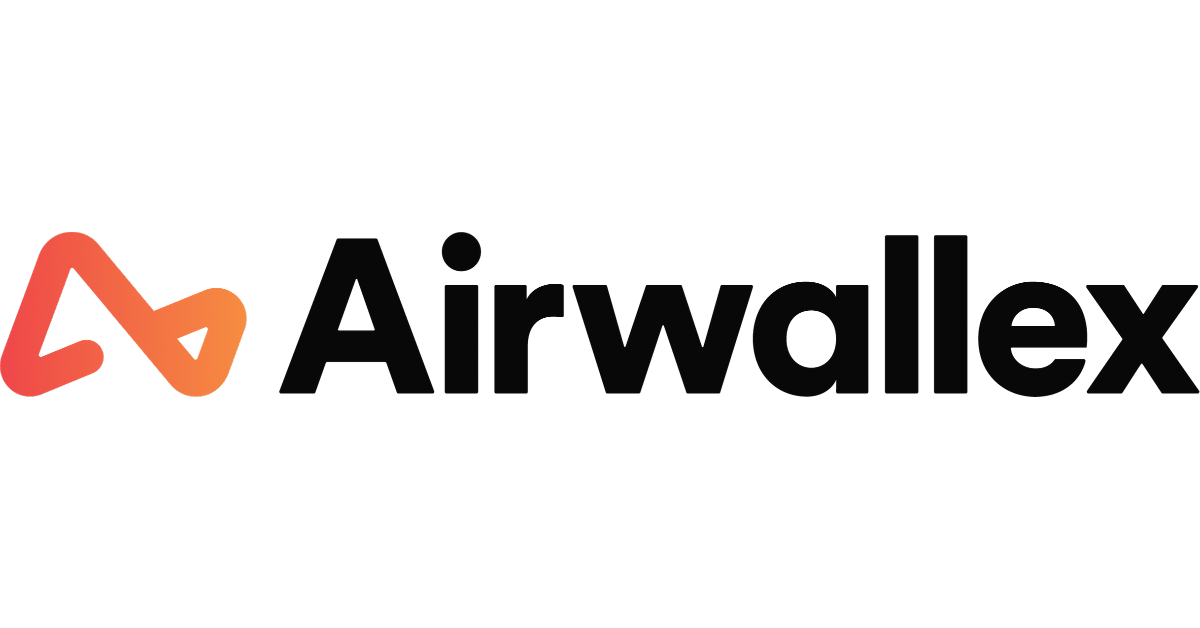
Airwallex, one of the fastest growing global fintech platforms, today announced two senior appointments to support the significant expansion across its business as the company extends its global footprint.
Collectively, these senior executives bring close to four decades of multinational HR and finance expertise, further bolstering Airwallex’s global executive team.
These key appointments follow a period of record business growth for Airwallex since reaching unicorn status in 2019. Recently, the company announced its US$200 million Series E fundraising round, valuing the company at US$4 billion.
The senior hires are:
Joanne Chin, SVP Global Head of People and Talent: Former Chief People Officer at Kraft Heinz Asia Pacific, Joanne joined Airwallex as Global Head of People and Talent based in Melbourne. In this new role, Joanne will spearhead Airwallex’s global HR team to help strengthen the company’s culture and values and build a strong employer brand to attract, retain and develop its growing workforce. Joanne has also worked at global companies such as Google and Waymo in London and San Francisco. Joanne started her career as a corporate lawyer for five years before moving into HR.
David Bicknell, Global SVP Finance: After managing a large international finance team at Facebook, David recently returned to Melbourne after seven years in San Francisco to take the helm of Airwallex’s global finance division. At Airwallex, David will oversee Airwallex’s financial planning, and provide strategic and financial advice to the executive team. Prior to Facebook, David held finance leadership roles at Twitter and Intuit, supporting engineering and product teams. David started his career in the investment banking division at Macquarie, where he worked for nine years.
“I am delighted to welcome Joanne and David to our global executive team. Both bring invaluable experience and expertise to support Airwallex’s accelerated growth and innovation across the entire business,” said Jack Zhang, Co-founder and CEO at Airwallex.
“With our rapid global expansion, investing in our people and culture as well as driving business efficiencies is important to our continued success. These are exciting times for us at Airwallex, and I am confident our new senior hires will create an immediate and lasting impact in our business and for our people.”
Airwallex has nearly doubled its headcount in 2021 and employs almost 1,000 employees today in over 20 locations globally. The company has invested in building breadth and depth in its global executive team with recent high-profile executive appointments of its Chief Legal, Compliance and Risk Officer, SVP Brand, Communications and Partnerships, and GM of EMEA.
Related News
- 06:00 am
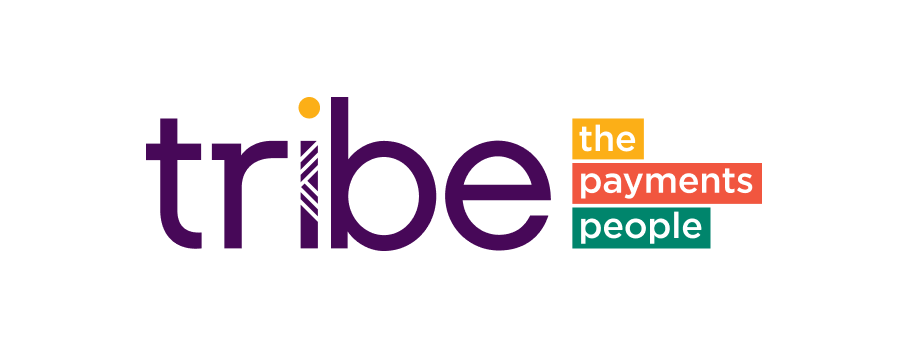
Tribe’s processing platform, ISAAC, will secure cryptocurrency payments for Amon Tech’s trading and investment customers
Payment technology provider, Tribe Payments, today announced it has been selected by Amon.Tech as payment partner for the Amon Card. Tribe will be providing issuer processing services including its proprietary 3D Secure product for the Amon Card in the UK and then across Europe.
Amon.Tech offers its customers - predominantly investors and traders - a secure digital wallet to hold funds, both in fiat and crypto currencies, as well as exchange funds between currencies, earn interest and spend funds via the Amon Card.
Tribe’s platform, ISAAC, will process transactions for the Amon Card. To ensure Amon Tech’s customer transactions are highly secure, all payments will be authenticated by Tribe’s proprietary 3D Secure technology. In addition, through Tribe’s real-time transaction monitoring and analytics capabilities, Amon. Tech will also glean customer insights to drive further innovations and improve the payments experience.
“Our customers are crypto investors and traders who expect the highest standards of security and we needed a partner that was able to go above and beyond,” said Daniele Izzo, CEO at Amon.Tech. “Tribe’s comprehensive platform, data-driven risk monitoring solution and its 3D Secure technology will give our customers the ability to deposit and spend crypto safely. We pride ourselves on being a customer-first company and with Tribe we know our payments are in safe hands, so we can focus on what we do best; delivering for our customers.”
“At Tribe we are always looking to push the boundaries of payments by partnering with pioneers such as Amon.Tech“ said Alex Reddish, Managing Director at Tribe Payments. “Using our modular platform, Amon.Tech has launched a market leading proposition that offers a compelling user experience without compromising on security. With a host of data-driven innovations around the corner, Amon. Tech is just getting started.”
Related News
- 05:00 am

Twitter users from the US (except Hawaii and New York) and El Salvador can now tip fellow tweeters with Bitcoin, per Finextra.
Here’s how it works: First launched in May, Twitter’s Tip Jar lets users send fiat money and now also Bitcoin via third-party payment services, like PayPal, Cash App, Venmo, and more. Twitter does not earn any revenues, but the third-party firms may charge transaction fees.
Why add Bitcoin?
The cryptocurrency is an efficient additional payment option to power its global platform.
- Twitter founder Jack Dorsey previously described Bitcoin as the internet’s “native currency” which, can reach every single person on the planet much more easily than building infrastructure to process fiat currency in each local market.
- Blockchain can reduce the time for cross-border payments from days to four to six seconds on average while also reducing transaction costs, per Insider Intelligence’s Blockchain in Payments report.
It’s part of a broader crypto ecosystem Jack Dorsey is trying to build.
- Bitcoin tipping helps boost Twitter's crypto plans chances of success by letting more users become comfortable with using a crypto wallet before introducing other features.
- For example, Twitter will soon enable NFT creators to share their NFTs on Twitter by connecting their crypto wallets.
- Dorsey’s digital payment platform Square is working on a platform that lets developers create DeFi solutions on the Bitcoin blockchain. Though no details are known yet, we could expect these solutions to be accessible via Twitter.
The bigger picture: Twitter isn’t the only social media company looking at adding cryptos to encourage user engagement and facilitate payments on their platforms.
- Last May, Reddit launched a beta test for two Ethereum-based tokens, which members of subreddits r/Cryptocurrency and /r/FortniteBR can use to vote and tip content creators. It’s now scaling the solution.
- Meanwhile, Facebook’s digital currency, Diem, is still in limbo amid regulatory concerns, but its eventual launch could provide billions of people with a way to buy goods and services and tip influencers across Facebook properties, including Instagram and WhatsApp.
Bottom line: Twitter’s announcement is a bellwether signaling that more of its peers will incorporate cryptos. They may be pressured to do so if new social media platforms born directly on a blockchain become popular: Last week, Andreessen Horowitz led a $200M funding round in DeSo, a decentralized social network that aims to make social media monetizable by anyone—not just by the platform itself.
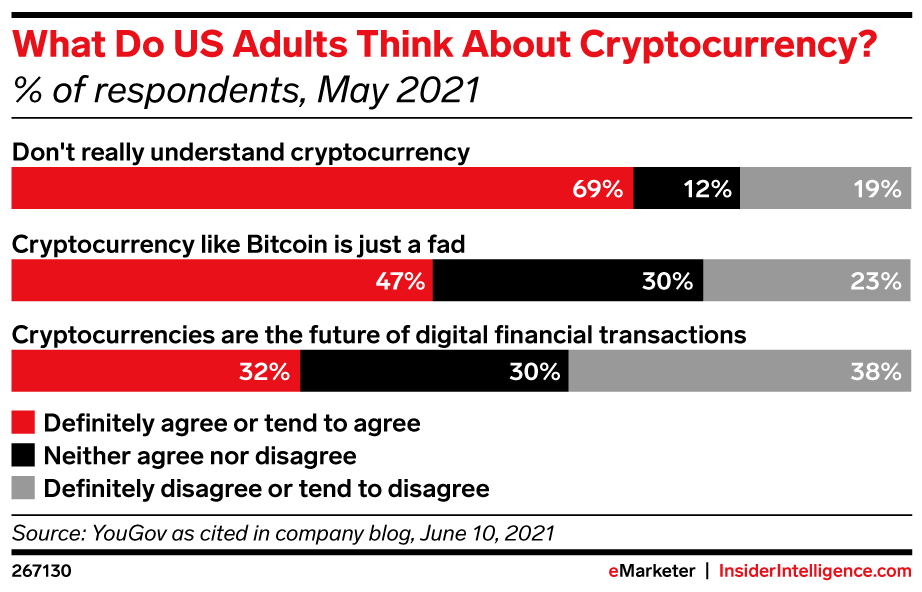
Related News
Louise Shorthouse
Senior Payments Consultant at Icon Solutions
Corporate treasurers could be forgiven for feeling like they have been stuck in a financial time warp. see more
- 08:00 am
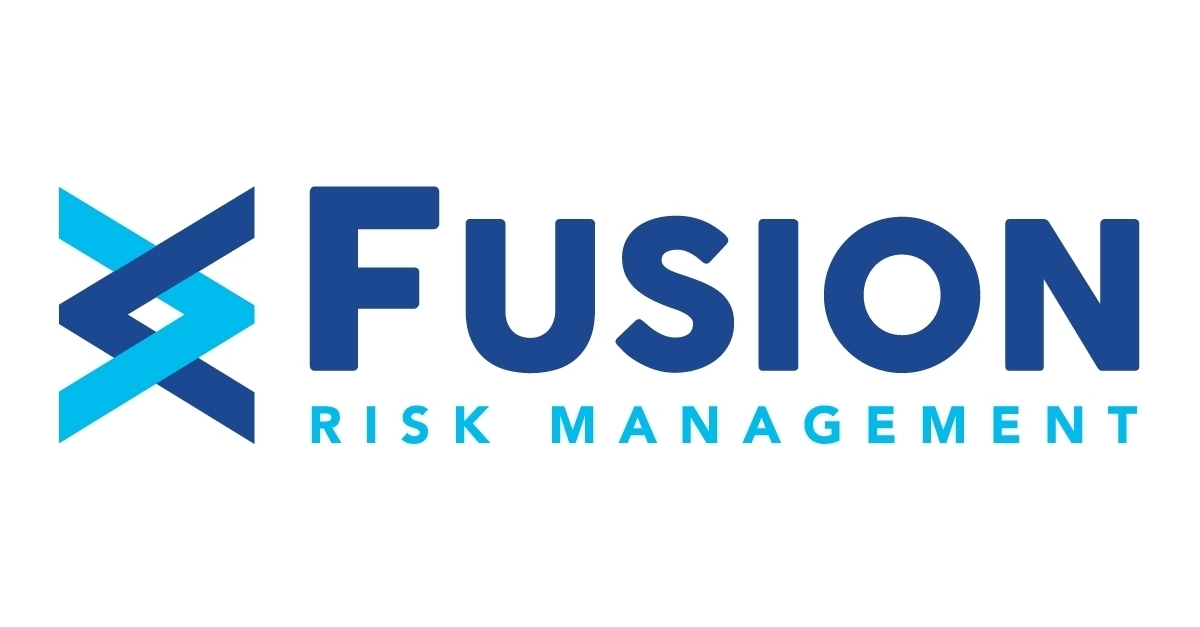
Fusion is working with over 120 Global Financial Institutions to ensure they meet and exceed the new requirements
With just over five months left to prepare for the new UK Regulatory Operational Resilience Requirements, Fusion Risk Management, Inc. (“Fusion”), a leading provider of operational resilience, risk management, and business continuity software and services, says institutions must act now to prepare for the new requirements or risk missing the March 2022 deadline requirement to identify, map, and set impact tolerances for important business services.
Currently working with over 120 global financial institutions to ensure compliance with the new Bank of England, PRA, and FCA regulatory requirements, Fusion has continued to strengthen its offerings, accelerating firms’ progress by 80%, and is now introducing an operational resilience self-assessment to help firms implement a scalable framework. Having enhanced its already comprehensive operational resilience approach after consulting with regulated firms, industry advocacy groups, and supervisory authorities earlier this year, Fusion is now working directly with clients to ensure they are on track to meet the deadlines and exceed the new requirements.
“The new rules and guidance relating to operational resilience and outsourcing will apply to a broad range of firms including banks, building societies, designated investment firms, insurance firms, e-money, and payment services firms. Firms that are dual regulated face the complexity of applying both the FCA and PRA’s rules, including the potential requirement to set different impact tolerances to comply with the regulators’ different drivers,” said Michael Campbell, Chief Executive Officer, Fusion Risk Management.
Campbell continued, “Many institutions have done the work to identify and map their important business services and are on a journey to set impact tolerances for each important business services ahead of the March 2022 deadline. However, they are looking for ways to integrate it into the operating fabric of their organization and are being challenged by the regulators to look at impacts beyond their own commercial interests. Fusion provides a framework that anticipates, prevents, prepares for, responds to, and learns from risks and disruption over time, ensuring customers can manage to the desired outcomes set forth by regulators. This is not just a checkbox exercise; this is an operating model for the modern institution.”
Rich Cooper, Global Head of Financial Service Go-To-Market, Fusion Risk Management, says Fusion’s proven track record as a provider of best-in-class service ensures its customers stay ahead of regulatory expectations. “Our rigorous operational resilience assessment determines how well our customers currently adhere to the new requirements, and what changes still need to be made. The assessment looks at every detail of their business services, including how often internal or external risk events affect their customers and how these affect the bottom line. The assessment also provides clear evidence of how the firm concluded which services are indeed Important Business Services (IBS), as defined by the regulators. From each IBS our capabilities allow us to map the end-to-end delivery of important business services, set the impact tolerances, check all progress against the milestones outlined by UK regulators and are then able to conduct extreme yet plausible scenario tests. Fusion is the nerve centre for the financial services operations, with a proven framework that makes operational excellence actionable.
“Our mission has always been to keep businesses in business and safeguard our customers’ ability to deliver on their brand promises, regardless of the disruption. We are proud to serve 120 global Financial Institutions who rely on us to deliver a robust operational resilience program that exceeds regulatory requirements and optimises their overall efficiency,” Cooper continued.
Fusion continues to grow rapidly and now counts five global systemically important banks (GSIBs), six domestic systemically important bank (DSIBs), 50% of the top 10 largest US domestic banks, and more than 120 leading financial institutions globally as customers. Fusion’s collaborative ENGAGE customer community fosters a common understanding and best practices between those working toward greater operational resilience in financial services. Weekly more than 90 organizations meet to discuss their most critical issues, often led by regulated banks and financial services participants.
Fusion will share more insights into the importance of developing robust operational resilience plans for the financial services sector at the OpRisk EU conference, October 5-8. Learn more about the conference at https://www.opriskeurope.com/.
For more information, visit www.fusionrm.com.
Related News
- 06:00 am

The European startup Payoro launches its fintech platform Payoro Connect — the first in a suite of innovative open banking initiatives from the young company
European fintech startups are growing fast. With solid regulatory frameworks, advanced technology and a dynamic, tight-knit European market, many consider these upstart fintechs well-poised to take on the global financial world.
Established in COVID-19-stricken 2020, Payoro is a new European fintech startup. Based out of Gibraltar and Estonia, Payoro aims to develop open banking technology products, offering both B2C and B2B bank-tech solutions. Now, Payoro launches Payoro Connect, a platform that may change how banking relationships are established.
Martin Osterloh, the newly appointed CEO of Payoro, comes from the traditional banking sector. For 13 years, he worked as Vice President Digital Sales at Wirecard Bank. He sees the launch of Payoro Connect as a vital step in the young company's journey. "With the launch of Payoro Connect, we want to position Payoro as an innovative player in the banking technology and embedded finance space. Our solution allows large companies to move fast and adapt to the ever-changing financial landscape. What used to take days, maybe even weeks, now takes mere minutes — all whilst satisfying strict SCA rules."
At its core, the Payoro Connect platform is a bank account servicing tool, connecting consumers with European financial institutions. Payoro Connect enables dynamic bank account servicing and money transfer through partner relationships and innovative fintech. In accordance with PSD2, all user information is verified based on strong customer authentication (SCA). Payoro Connect allows international banks and electronic money institutions to focus on what they are best at: handling money and building customer relationships.
Osterloh has high hopes for future products and services. "Payoro Connect is the first product we are launching, but certainly not the last. It makes great sense for Payoro to continue its innovation-fueled exploration of the exciting intersection of banking, technology and user experience. The embedded finance market alone is estimated to reach a market value of $3 billion by 2030. That is really where we see the opportunity — to lodge ourselves between traditional banks and future savvy consumers and companies."
Established in 2020, Payoro is a banking technology company with offices in Gibraltar and Estonia.
Related News
- 06:00 am
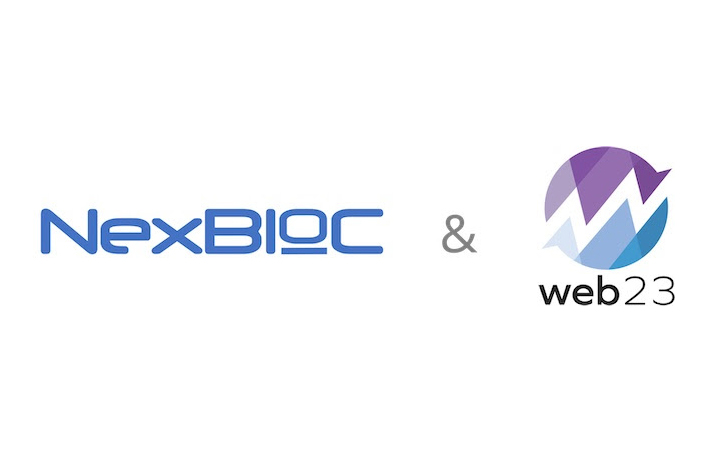
The Blockchain Domain Registry System will focus on enabling the Cardano community to maximize the use of blockchain domains
Web23 Inc., a USA company, and NexBLOC, a British Virgin Islands company, are partnering to develop a blockchain-based naming system that runs natively on the Cardano blockchain platform. The initiative continues the move of the Butterfly Protocol onto numerous blockchains to ensure that those communities have the tools needed for full decentralized internet optimization.
The Butterfly Protocol was originally created using the Ethereum blockchain and continues to provide resources and tools for the Ethereum community. But, according to Dana Farbo, Founder of NexBLOC, the move helps expand the various blockchain development communities' access to a unified naming convention. Mr. Farbo stated that, "we will continue to lock the root domain on Ethereum but by using other blockchains, we can prepare for wider acceptance of blockchain DNS (bDNS) and lower costs for using the decentralized web."
Som Kirann, Founder of Web23 went on to say "Cardano has been driving decentralization at its core and with the recent deployment of their Plutus smart contract capabilities, we wanted to be a first mover in creating capabilities for human readable naming that exist on other chains. Working with Butterfly and NexBLOC allows us to move fast and prepare for a bright future within the Cardano community."
This marks the second blockchain in the NexBLOC roadmap for naming system ubiquity across chains. Earlier this year, the buildout on XDC Networks was announced and work is progressing rapidly on the XDC blockchain. Supported by a grant from the XDC Foundation, a full deployment and rollout is expected for November 1st, 2021. In addition to the standard access tools for connecting websites using IPFS, wallet authentication and browser extensions, NexBLOC is working with XDC Networks dApp developers to integrate specific dDNS solutions for their projects.
Web23 is known for its work on allowing companies or individuals to create domains at scale. This is important for building an offensive and defensive system around brands and professional work. The SaaS solution creates an artificial intelligence supported capability to acquire similar names automatically based on trends, word searches and social media chatter. They are integrating the system into the decentralized domain acquisition space with low gas fee blockchains such as Cardano. As per Mr. Kirann, "rapid and bulk domain acquisition with the current state of Ethereum gas fees makes it prohibitive to deploy at scale. Cardano, XDC Networks and other blockchains allow us to provide a solution that supports the brand owner."
The Cardano deployment is expected to be ready in mid-Q4, 2021, with other blockchains planned as part of the collaboration between Web23 and NexBLOC.
About Butterfly Protocol (https://www.butterflyprotocol.io/)
Butterfly Protocol is a decentralized autonomous organization (DAO) that aims to replace the Domain Name System (DNS) system and change the economics of domain ownership.
Related News
- 01:00 am

Leading fintech in the FIRE movement partners with WealthKernel to help millennials retire early
WealthKernel, the wealthtech provider of digital investment services, today announces its partnership with Topia, a UK-based app empowering millennials to reach financial independence and retire early. As part of the partnership, Topia will use WealthKernel’s investing API and regulatory umbrella to bring flexible SIPP and ISA investing accounts to market to boost its personal finance offering.
Topia, one of the UK’s most innovative new personal finance apps, is founded on the belief that everyone should make the most of life, and is built around helping individuals reach financial independence. The app is based on the FIRE movement (Financial Independence Retire Early), and aims to revolutionise how millennials view the timeline of their lives by helping them achieve financial freedom early on in their lives in order to reach retirement sooner than those following a more traditional model.
The FIRE movement is a growing trend in the UK, which directly questions why we should retire at the conventional retirement age of 65. By dedicating up to 70% of their income to savings, followers of the movement hope to be able to quit their jobs and live solely on small withdrawals from their portfolios, decades before they reach 65. Topia’s announcement follows recent confirmation that the pension triple lock will be suspended from next year, making the prospect of relying on a state pension increasingly unattractive.
Topia will utilise WealthKernel’s flexible ISA and SIPP tax wrapper APIs, as well as its portfolio management and trading functionalities to power the app. As an appointed representative of WealthKernel, Topia will also utilise its regulatory umbrella to bring its new services to market at speed, avoiding in-house completion of the lengthy FCA accreditation process.
Karan Shanmugarajah, CEO of WealthKernel, says:
“It’s incredibly important to open people’s eyes to the savings vehicles that are available to them beyond traditional pensions - whether that’s SIPPs, ISAs or other investment products. Using our simple, flexible, scalable technology and regulatory integrations, WealthKernel is able to help forward-thinking companies like Topia make financial security accessible every day. We’re excited to be supporting them in empowering more consumers to reach financial security in their own time, and on their own terms.”
Logan Leckie, Founder and CEO at Topia, says:
“We are very much focused on building a fantastic product for our community and helping everyone understand and reach financial freedom. With WealthKernel’s Appointed Rep service, the opportunity to come to market much faster was fantastic. Topia will now be able to dedicate more time and resources towards enhancing our FIRE offering. We are also excited to launch the Topia FIRE fund using WealthKernel’s services and begin our journey.”









